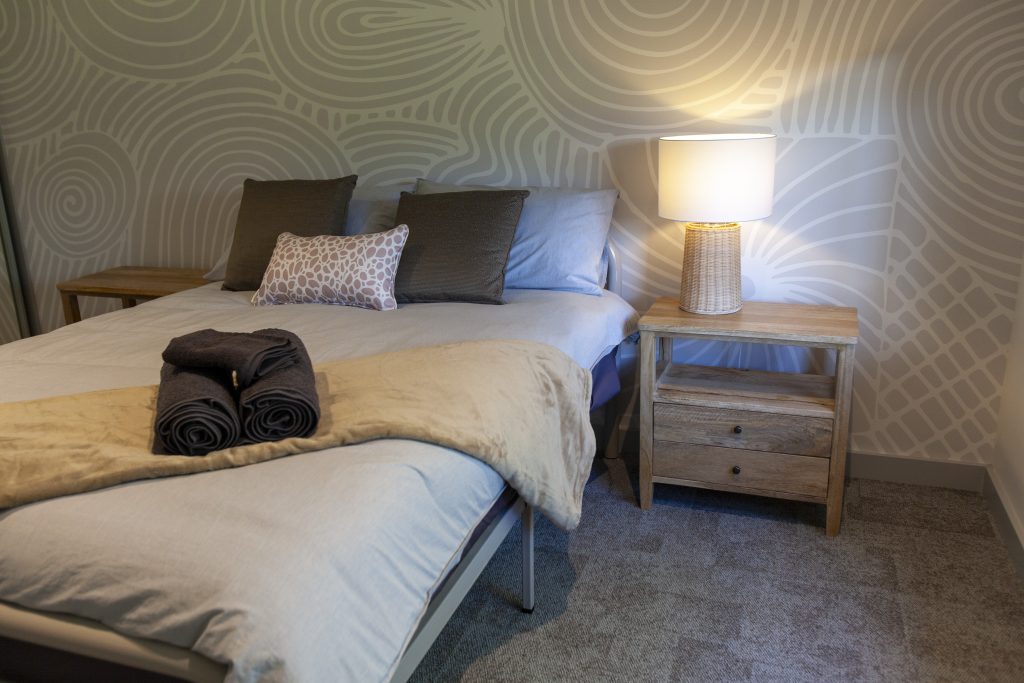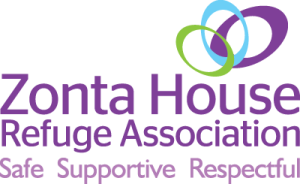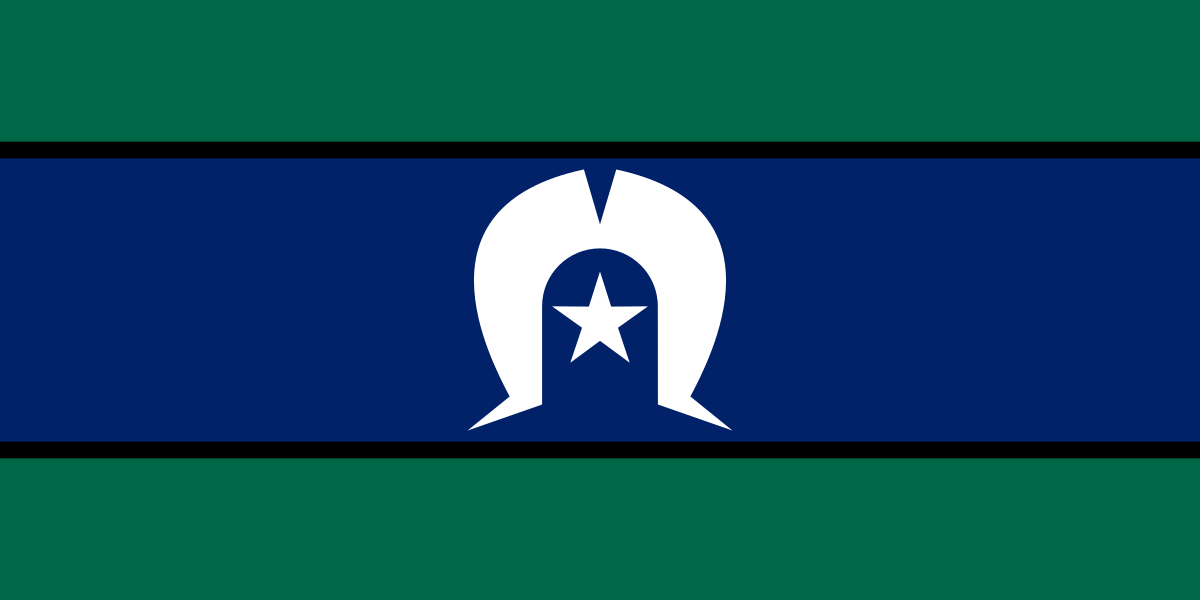Transitional Accommodation provides women with a safe and supported environment to continue achieving their goals.
Transitional Accommodation can be accessed by women, with or without children in their care who seek additional support and/or have faced challenges in finding appropriate, secure, and affordable housing after leaving refuge.
This option ensures ongoing support informed by family and domestic violence (FDV) experiences as women and families transition from refuge settings.
A Support Coordinator provides holistic case management support. During this time women are supported and encouraged to engage in further education, gain employment and link in with necessary services to support their individual and family future goals, healing, and recovery.
This includes support and assistance to explore referral opportunities, attend groups, workshops and access additional support and engage in programs at Zonta House and in your community.

I felt safe for the first time in many months and was surrounded by support workers who also gave a sense that they were also interested in my safety and wellbeing.
Anonymous Transitional Accommodation Client
Zonta House aims to provide an opportunity for women to access Family and Domestic Violence support without discrimination or judgement.
We can provide support with:
- Conducting risk assessments
- Developing safety plans with regular risk reviews
- FDV informed case management
- Providing FDV information and resources
- Providing court support
- Advocating for you with other services
- Referrals to relevant support services
- Referrals to alternative long term, safe and affordable accommodation
For more information or to speak to the Support Coordinator please contact 1800 870 149 – option 1
alternatively via email [email protected]






